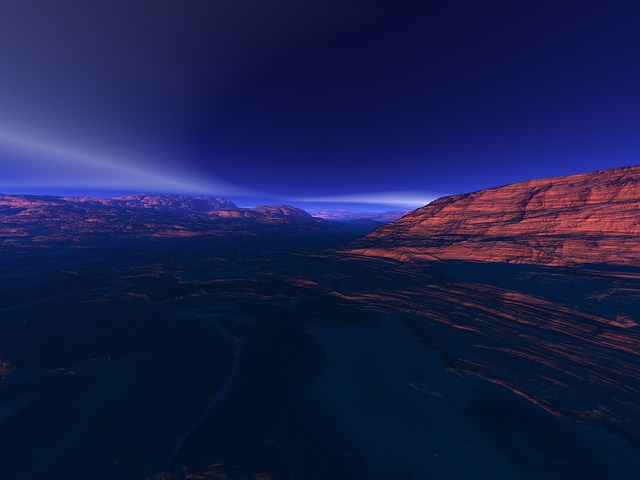Introduction: The Dynamic African Continent
Africa, the world's second-largest and second-most-populous continent, pulsates with an extraordinary spectrum of landscapes, cultures, and wildlife. From the vast Sahara Desert to the dense rainforests of the Congo Basin, and from ancient civilizations like Kush and Egypt to rapidly growing modern metropolises, Africa is a continent of compelling contrasts and dynamic change. Its varied geography has cultivated globally significant ecosystems and biodiversity hotspots.
Biodiversity Epicenter: The Congo Basin Rainforests
The African rainforests, dominated by the Congo Basin, represent a critical reservoir of global biodiversity. These lush ecosystems teem with life, hosting countless plant and animal species found nowhere else, such as the elusive okapi and the endangered mountain gorilla. However, deforestation driven by agriculture, logging, and resource extraction poses an existential threat. Urgent conservation efforts are paramount to safeguarding this natural treasure for the planet and future generations.
The Great Rift Valley: A Geological Masterpiece

Stretching over 6,000 kilometers from Syria to Mozambique, the Great Rift Valley is a stunning testament to Earth's powerful geological forces. This vast network of valleys formed as tectonic plates pull apart, creating unique landscapes featuring volcanoes like Mount Kilimanjaro, deep lakes such as Tanganyika, and steep escarpments. Imagine the Earth's crust slowly stretching and thinning like taffy, eventually cracking to form the rift. This region is also exceptionally rich in fossils crucial for understanding human evolution.
The Cradle of Humankind: Unearthing Our Origins

Africa holds the key to humanity's origins, earning it the title 'cradle of humankind'. Decades of paleontological research, particularly in East and Southern Africa, have unearthed fossils that map our evolutionary journey. Sites like Olduvai Gorge in Tanzania and the Sterkfontein Caves in South Africa have yielded groundbreaking discoveries, including remains of early hominins like *Australopithecus afarensis* (famously, 'Lucy') and *Homo habilis*, fundamentally shaping our understanding of where we came from.
Climate Change: Challenges and Adaptation
Africa faces disproportionately severe impacts from global climate change, despite contributing minimally to historical emissions. Rising temperatures, erratic rainfall, desertification (especially in the Sahel region), sea-level rise affecting coastal cities like Lagos and Alexandria, and more frequent extreme weather events like droughts and floods threaten agriculture, water security, biodiversity, and human health. Intensive research focuses on climate modeling, developing drought-resistant crops, improving water management, and implementing sustainable adaptation strategies.
# Simplified example: Illustrating potential impact on rainfall
# Note: Real climate data is far more complex.
import matplotlib.pyplot as plt
# Hypothetical data for a specific region
years = [2010, 2012, 2014, 2016, 2018, 2020]
annual_rainfall_mm = [1200, 1150, 1180, 1050, 1020, 980] # Example variation
plt.figure(figsize=(8, 4))
plt.plot(years, annual_rainfall_mm, marker='o', linestyle='--')
plt.xlabel('Year')
plt.ylabel('Annual Rainfall (mm)')
plt.title('Illustrative Rainfall Trend in Region Y')
plt.grid(True)
plt.show()Driving Innovation: African Science and Technology
African nations and scientists are making significant contributions to global science and technology. From advancements in mobile technology and fintech (like Kenya's M-Pesa) to cutting-edge medical research on diseases like malaria and Ebola, and innovations in renewable energy (solar, geothermal), the continent is a growing hub for research and development. Institutions like the African Institute for Mathematical Sciences (AIMS) and national research centers are nurturing talent and fostering collaborations to address local and global challenges.
- African Institute for Mathematical Sciences (AIMS): Network promoting mathematical sciences.
- The African Academy of Sciences (AAS): Pan-African organization driving scientific excellence.
- The Next Einstein Forum (NEF): Platform showcasing Africa's young scientific talent.
- Council for Scientific and Industrial Research (CSIR): South Africa's leading R&D organization.